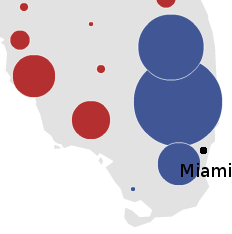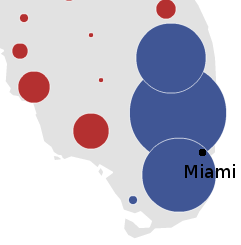This is the first of a two-part series to Africa Harvest, in Johannesburg, South Africa. Cross posted from Nourishing the Planet.
In our Nourishing the Planet project we’re looking at how farmers and researchers all over the world are combining high-tech and low-tech agricultural practices to help alleviate hunger and poverty. One place they’re trying to do this is at Africa Harvest/Biotech Foundation International. The organization’s mission is “to use science and technology, especially biotechnology, to help the poor in Africa achieve food security, economic well-being and sustainable rural development.”
And while the biotechnology component of their mission may be controversial to some, Africa Harvest is determined that Africa will not be left behind when it comes to the development-and use- of the technology by African researchers and farmers. As a result, the organization is focusing on breeding African crops for Africans. “If you want to make a difference on this continent,” says Daniel Kamanga, communications director for Africa Harvest, “you have to look at African crops.” These include staples such as banana, cassava, and sorghum, which are all important sources of nutrients for millions of Africans.
But these are also crops that are heavily impacted by diseases and pests. Bananas, for example, are susceptible to sigatoka virus, fusarium, weevils, nematodes, and others. To combat these problems, Florence Wambugu, the CEO of Africa Harvest and a scientist who formerly worked with Monsanto, helped develop Tissue Culture Banana (TC banana). Banana diseases are often spread through “unclean” planting material. But TC banana technology allows scientists to use biotechnology for the “rapid and large scale multiplication” of disease free bananas-a single shoot can produce 2,000 individual banana plantlets.
Africa Harvest is also working on biofortifying sorghum with Vitamin A, creating “golden sorghum.”
“But of course, there remains the thorny issue of control-among the biggest stumbling blocks for sharing any technology across countries and regions. Biotechnology has so far been largely owned by the private sector.” So, in addition to researching crop production, Africa Harvest is also working to improve capacity building for scientists all over Africa. “If we’re going to have GMOs on the continent,” says Kamanga, “we want scientists who know how to do it.” Along with that, Africa Harvest is working to strengthen regulatory systems for biotechnology.
And how does Africa Harvest respond to criticism about the development and use of biotechnology in agriculture? According to Kamanga, it’s an “old debate” and one that takes place in 5-star hotels, not in farmers’ fields. The issue now, he says, is how we make the best use of this technology.

 This is the second in a two-part series of my visit to Africa Harvest in Johannesburg, South Africa.
This is the second in a two-part series of my visit to Africa Harvest in Johannesburg, South Africa.




